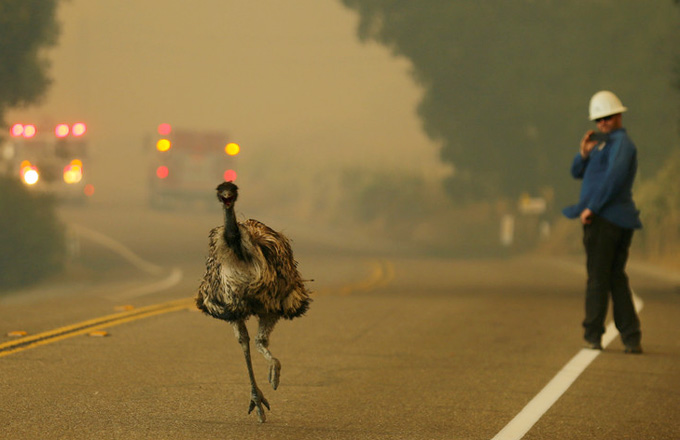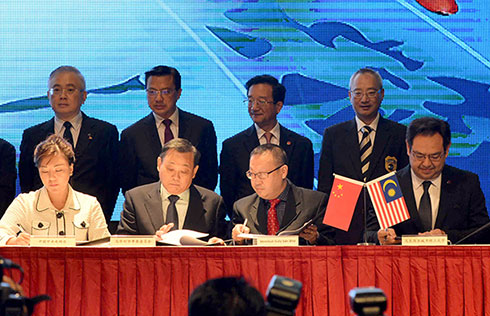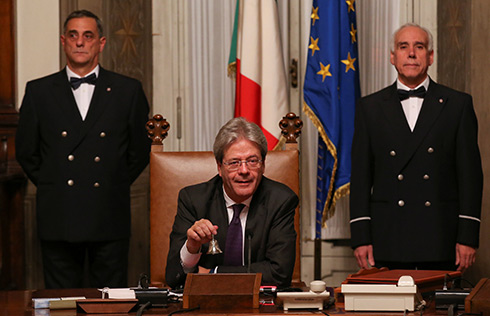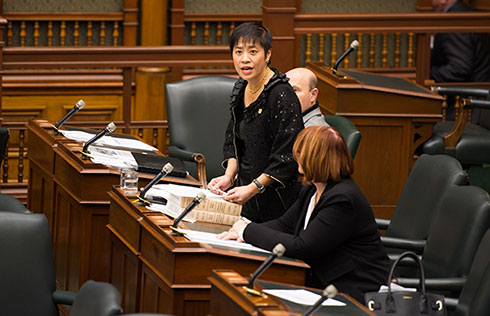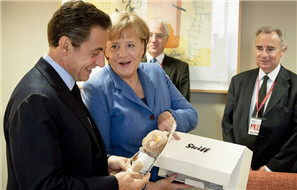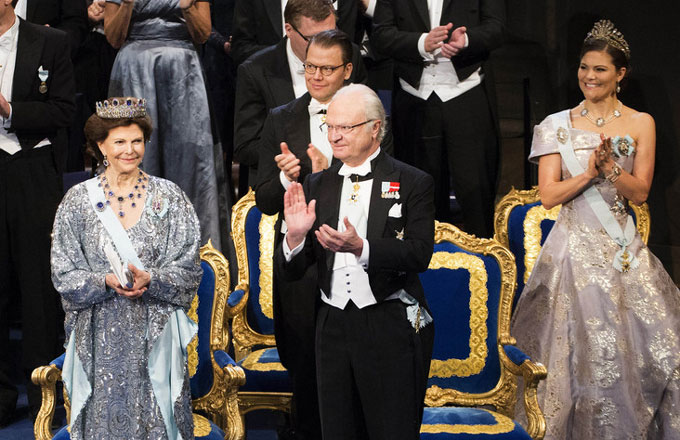FTAAP better choice in Asia-Pacific, say Chinese experts
After US president-elect Donald Trump announced his plan to abandon the Trans-Pacific Partnership, Chinese experts are discussing whether Free Trade Area of the Asia-Pacific, also known as FTAAP, would be a potential area for China and the United States to cooperate in the future.
"Only when China and US agree on the future global economic rules and jointly promote the establishment of the FTAAP will it be possible for the Asia-Pacific to achieve the goal of global economic growth," Wang Huiyao, director of the Center for China Globalization center, said during a recent forum.
FTAAP first made its appearance in 2006 at APEC summit in Hanoi. It devotes to creating a free trade zone that will considerably expand commerce and economic growth in the region. At the 2014 APEC summit in Beijing, APEC leaders agreed to launch "a collective strategic study" on the FTAAP.
It is also the first regional free trade agreement that includes both China and US, which will boost the development of economy not only within Asia-Pacific, but also on a global scale.
According to a report released by the center, whether US and China, as the world's first and second largest economy entities, will cooperate in the field of global economy and trade can directly determine if the world economy is turning to a more open and more integrated future, or isolationism. Thus, the lack of the participation of both China and US in any Asia-Pacific free trade agreement may not be as efficient for the growth of economy.
The absence of the US makes TPP no longer have the potential of being "21st century trading rules". Although the Regional Comprehensive Economic Partnership, known as RCEP, would probably become a preferred free trade area in the Asia-Pacific in short term, it might not be able to replace TPP, the report said.
"Even Trump who strongly opposed the TPP hasn't said anything negative about FTAAP yet," Wang said. "If it's really good for US's economy, I can't see why Trump will not have a second thought."





